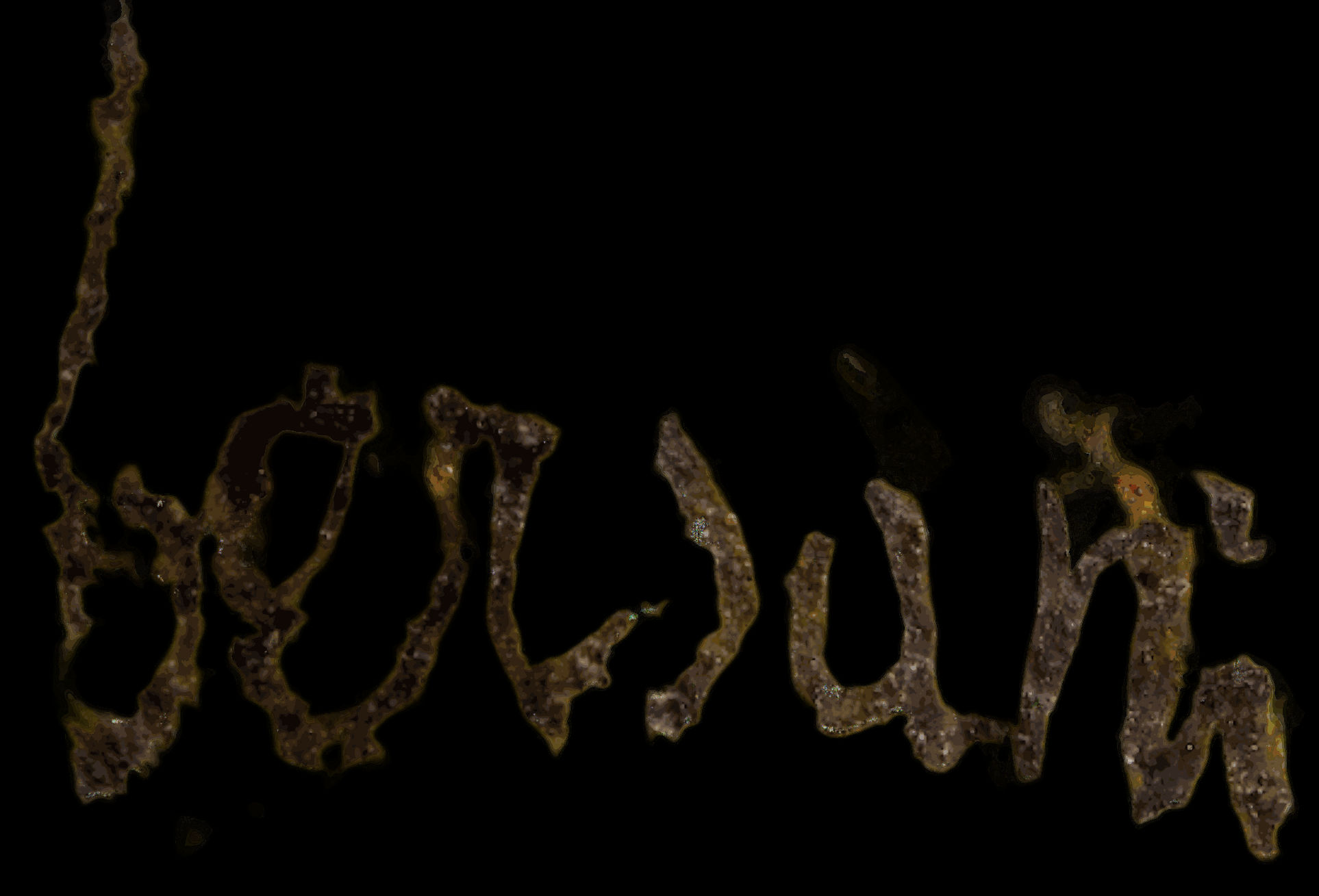Lino Bersani (1935–2017) was an Italian painter, sculptor, ceramist, and engraver whose career was marked by relentless experimentation with matter and light. Born in Sestri Levante, he trained at the State Institute of Art in Chiavari before leaving his job as an electrician in the 1960s to dedicate himself fully to art. In the early 1970s he opened a studio in his hometown, frequented by artists such as Giovanni Job, Mario Rocca, and Luiso Sturla. His artistic journey led him to Vernazza in 1987 and Castelnuovo Magra in 1990, where he founded new studios and joined vibrant communities of artists.
Throughout his career, Bersani exhibited widely in Italy and across Europe, creating works in bronze, copper, ceramics, and painting. He produced monumental sculptures in Reggio Emilia, Parma, Genoa, Milan, Como, and Voghera, while his paintings and ceramics entered prestigious public and private collections. His work was defined by a bold, instinctive use of diverse materials, earth, pigments, gold and copper leaf, canvas, ceramics through which he pursued a vision of freedom, openness, and lyrical abstraction.
In 1997 he settled in the Aude region of France, where the light of the Lauragais and the reflections of the Canal du Midi nourished his creativity until his death in Bram in 2017. His children, Flavio and Valentina, later founded the Lino Bersani Archive, dedicated to rediscovering and studying his oeuvre, and in 2022 organized a major retrospective at the Società Economica of Chiavari. Today, Bersani is remembered as a restless innovator who bridged Italian and European artistic traditions with a deeply personal language of matter and light, leaving behind a legacy of curiosity, passion, and uncompromising creative freedom.

